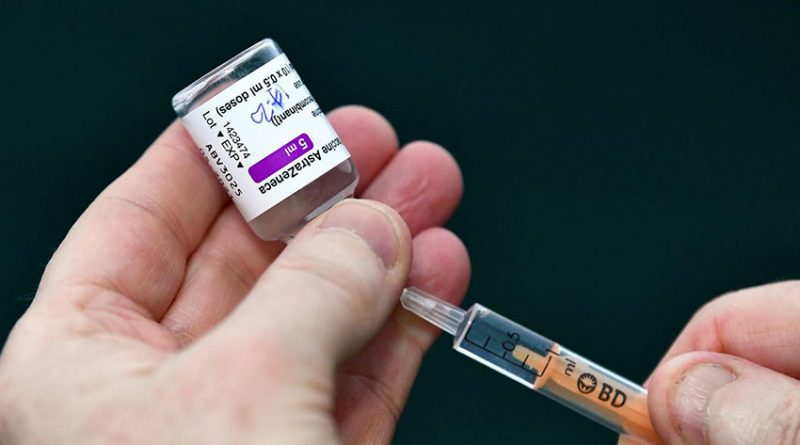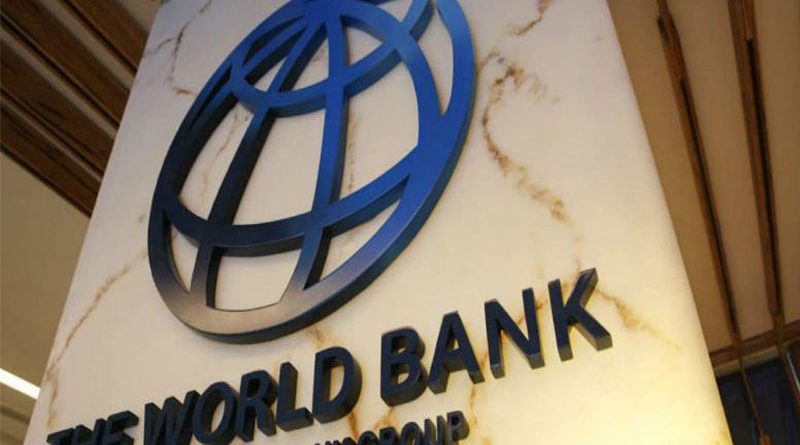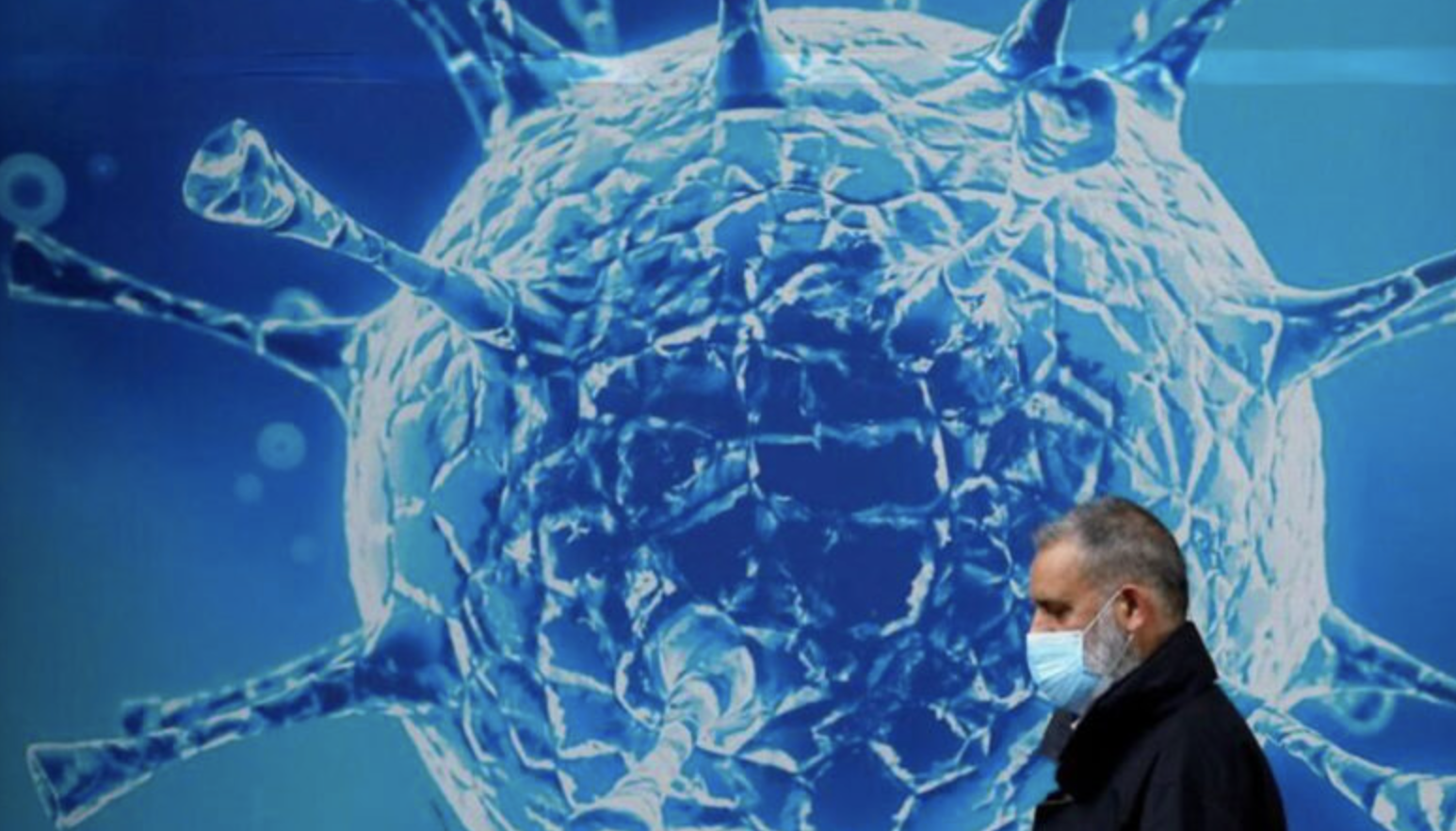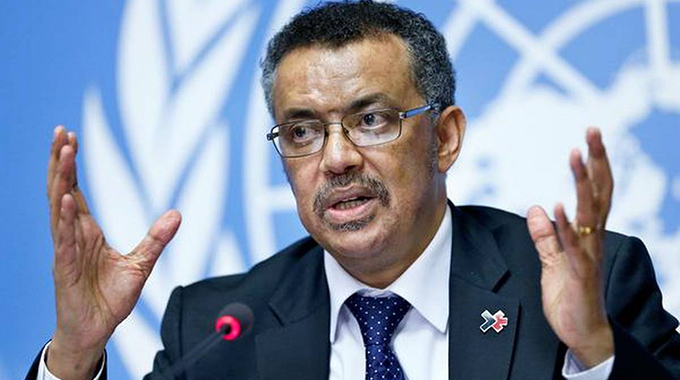PFIZER Inc and BioNTech SE have asked U.S. regulators to authorize their COVID-19 vaccine for emergency use in children aged 5-11, with an expert panel to the Food and Drug Administration scheduled to meet later this month to review data.
But with many parts of the world still awaiting doses for more vulnerable people, the World Health Organisation has urged countries and companies that control the global supply of the vaccines to prioritize supply to COVAX.
The following is a list of some countries that have approved or are considering vaccinating children:
EU COUNTRIES
* In June, Denmark said it would offer COVID-19 shots to children aged 12-15 to boost its overall immunity against the virus.
* France has started vaccinating those from 12 years upwards, provided they have parental consent.
* Germany in August agreed to make vaccination available to all children aged 12-17.
* Austria has started vaccinating children aged 12-15.
* Estonia could start vaccinating teenagers by the autumn, public broadcaster ERR reported, citing the head of the government’s COVID-19 council.
* Hungary started vaccinating 16 to 18-year-olds in mid-May, according to Xinhua news agency.
* Italy on May 31 approved extending the use of Pfizer’s vaccine to 12-15 year olds.
* Lithuania’s prime minister said the country could start vaccinating children from age 12 in June, news site Delfi reported.
* Spain begun vaccinating children between 12 and 17 years old around two weeks before the academic year in September, the health minister said.
* Swedish PM says children aged 12-15 will be offered COVID vaccine later this autumn.
* Greece in July said children aged 12-15 could be vaccinated against COVID-19 with Pfizer/BioNTech and Moderna shots.
* Finland’s capital Helsinki in June said it will begin giving COVID-19 vaccines to children aged 12 to 15 who are at risk of contracting a severe coronavirus infection.
EUROPE (NON-EU)
* Britain’s top medical advisers in September recommended that 12 to 15-year-olds receive a first dose of a COVID-19 vaccine.
* Switzerland approved on June 4 vaccinating 12 to 15-year-olds with Pfizer’s shot, while Moderna’s shot was approved in August for the age group.
* In September, Norway started to offer one dose of Pfizer and BioNTech COVID-19 vaccine to children aged 12 to 15
* San Marino has opened vaccinations for children aged 12-15, reported San Marino RTV, citing its Institute for Social Security.
MIDDLE EAST
* In August, Israel on Sunday began offering a COVID-19 booster to children as young as 12.
* The United Arab Emirates said in August rolled out China’s Sinopharm COVID-19 vaccine to children aged 3-17.
ASIA-PACIFIC
* Indonesia on June 28 recommended China’s Sinovac vaccine for children aged 12-17.
* An advisory committee to the Indian regulator recommended emergency use of Bharat Biotech’s COVID-19 shot in the 2 to 18 age-group. The regulator’s nod is awaited.
* New Zealand’s medicines regulator has provisionally approved use of Pfizer’s vaccine for 12-15 year olds, Prime Minister Jacinda Ardern said on June 21.
* Australia said on Sept. 12 it will expand its COVID-19 vaccination drive to include around one million children aged 12-15.
* China on June 5 approved emergency use of Sinovac’s vaccine for those between three and 17.
* Hong Kong said on June 3 it would open its vaccine scheme to children over the age of 12.
* Singapore opened up its vaccination programme to adolescents aged 12-18 from June 1.
* Japan on May 28 approved the use of Pfizer’s vaccine for those aged 12 and above.
* The Philippines on May 26 decided to allow the Pfizer-BioNTech’s vaccine for emergency use in children aged 12-15.
* Jordan in July begun vaccinating children aged 12 years and older against COVID-19.
AMERICAS
* The COVID-19 vaccine by Pfizer-BioNTech will be the only one used in Mexico for at-risk children aged 12-17.
* Brazil on June 11 approved use of Pfizer’s vaccine for children over 12.
* Chile has approved use of Pfizer’s vaccine for 12 to 16-year-olds.
* Pfizer and BioNTech have asked U.S. regulators to authorize emergency use of their COVID-19 vaccine for children ages 5 to 11. An advisory committee to the FDA will meet later this month to review the data.
* Canada in early May approved use of Pfizer’s vaccine for use in children aged 12-15. The country has fully vaccinated more that 80% of its eligible population ages 12 and over.
* Cuba’s vaccination campaign includes children as young as two.
AFRICA
* South Africa will start vaccinating children between the ages of 12 and 17 next week using the Pfizer vaccine.
NIGERIA has received approval for $400 million in World Bank financing to procure and deploy COVID-19 vaccinations, the bank said in a statement.
The World Bank board of directors signed off on the financing, provided via the International Development Association, which it said would enable Africa’s most populous nation to purchase COVID-19 vaccines for 40 million people, some 18% of its population, and support vaccine deployment to 110 million people.
In a statement, the bank said the money would ensure that the government can vaccinate 51% of its population within two years and “avoid the dreadful consequences of another lockdown that left in its wake an economic toll the country is still grappling with.”
The government last month said that around 20% of workers in Nigeria had lost their jobs as a result of COVID-19.
Nigeria has administered some five million vaccine doses to its 200 million citizens, and is in the midst of deploying millions more doses of Moderna and AstraZeneca shots received through the COVAX scheme aimed at providing vaccines to developing countries.
It also has 1.12 million doses of the Johnson & Johnson vaccine that it purchased through an African Union programme and is also scheduled to receive 7.7 million doses of the Sinopharm vaccine via COVAX.
As of Oct. 1, Nigeria had recorded 205,779 confirmed cases of COVID-19 and 2,721 deaths from the virus.
UNITED Nations Secretary-General Antonio Guterres reprimanded the world on Tuesday for the inequitable distribution of COVID-19 vaccines, describing it as an “obscenity” and giving the globe an “F in Ethics.”
Addressing the annual U.N. gathering of world leaders in New York, Guterres said images from some parts of the world of expired and unused vaccines in the garbage told “the tale of our times” – with the majority of the wealthier world immunised while more than 90% of Africa has not even received one dose.
“This is a moral indictment of the state of our world. It is an obscenity. We passed the science test. But we are getting an F in Ethics,” Guterres told the U.N. General Assembly.
World leaders returned to New York this year after a virtual event last year during the pandemic. As the coronavirus is still raging, about a third of the 193 U.N. states are again sending videos, but presidents, prime ministers and foreign ministers for the remainder have travelled to the United States.
Out of 5.7 billion doses of coronavirus vaccines administered around the world, only 2% have been in Africa. Guterres is pushing for a global plan to vaccinate 70% of the world by the first half of next year.
The secretary-general, who begins a second five-year term at the helm of the world body on January 1, also warned of rising tensions between the world’s superpowers – China and the United States.
“I fear our world is creeping towards two different sets of economic, trade, financial and technology rules, two divergent approaches in the development of artificial intelligence – and ultimately two different military and geopolitical strategies,” he said.
“This is a recipe for trouble. It would be far less predictable than the Cold War,” Guterres said.
The World Health Organization’s regional director for Africa said Thursday the number of new COVID-19 cases on the continent fell by 23 percent last week, the steepest drop in eight weeks since a peak in July.
During her weekly COVID-19 briefing, though, WHO Africa chief Matshidiso Moeti said that while those figures are good news and an indication the third wave of infections is on a “downward slide,” variants of the coronavirus that causes COVID-19, particularly the Delta variant, have sparked flare-ups, prolonging the “acute phase” of the third wave for longer than expected.
At the same time, she said, Africa has passed the sad milestone of 200,000 deaths from COVID-19 since the pandemic began.
Moeti said scientists also are tracking a new variant, C.1.2, a variant found in 130 cases in 10 countries globally, including five African countries with over 90 percent of the cases. But she said so far there is no evidence that C.1.2 is more transmissible or that that it affects the effectiveness of COVID-19 vaccines.
On the subject of vaccines, Moeti said shipments to the continent continue to grow, with about 5.5 million doses received through the WHO-managed vaccine cooperative COVAX in the first week of September.
However, Africa’s Center for Disease Control says just over 3 percent of the continent’s population is fully vaccinated. And Moeti said COVAX Wednesday revised downward its vaccine shipment forecast for the rest of the year, for a number of reasons, which means the continent can expect 25 percent fewer vaccine doses.
She blamed the reduced shipments, at least partly on “the prioritization of bilateral deals” between wealthy nations and pharmaceutical companies “over international solidarity.”
Moeti said that high-income nations have pledged to share 1 billion doses globally, but so far, only 120 million have been released. She said, “Every dose is precious. If companies and countries prioritize vaccine equity, this pandemic would be over quickly.”
She said to ultimately tip the scales against the pandemic, efforts to reduce transmission through public health measures like mask-wearing must be accompanied by a significant increase in vaccine supplies and vaccinations.
Source - VOA




